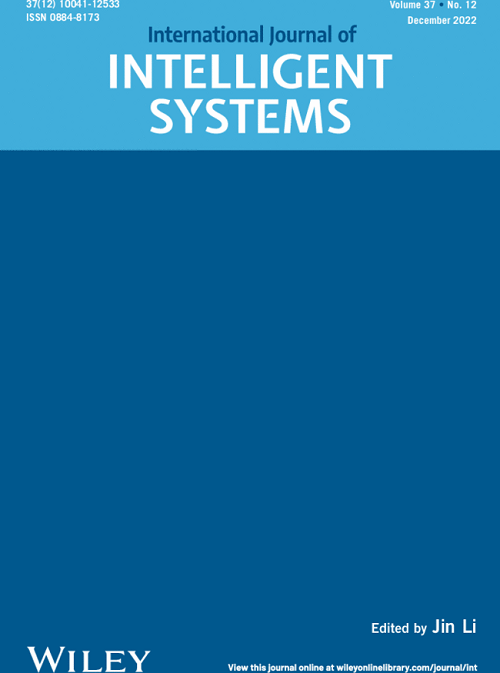Using Artificial Intelligence to Predict the Financial Impact of Climate Transition Risks Within Organisations
Abstract
Addressing climate change represents one of the most pressing challenges for organisations in developing nations. This is particularly relevant for companies navigating the shift towards a low-carbon economy. This research leverages artificial intelligence (AI) methodologies to evaluate the financial implications of climate transition risks, encompassing both direct and indirect energy usage, including expenditures on electricity and fossil fuels. Advanced machine learning (ML) and deep learning (DL) models are employed to predict electricity and diesel consumption trends along with their associated costs. Findings from this study indicate an average prediction accuracy of 90.36%, underscoring the value of these tools in supporting organisational decision making related to climate transition risks. The study lays a foundation for comprehending not only the added costs linked to climate risks but also the potential advantages of transitioning to a low-carbon economy, particularly from an energy-focused perspective. Additionally, the proposed climate transition risk adjustment factor offers a framework for visualising the financial impacts of scenarios outlined by the Network for Greening the Financial System.


 求助内容:
求助内容: 应助结果提醒方式:
应助结果提醒方式:


